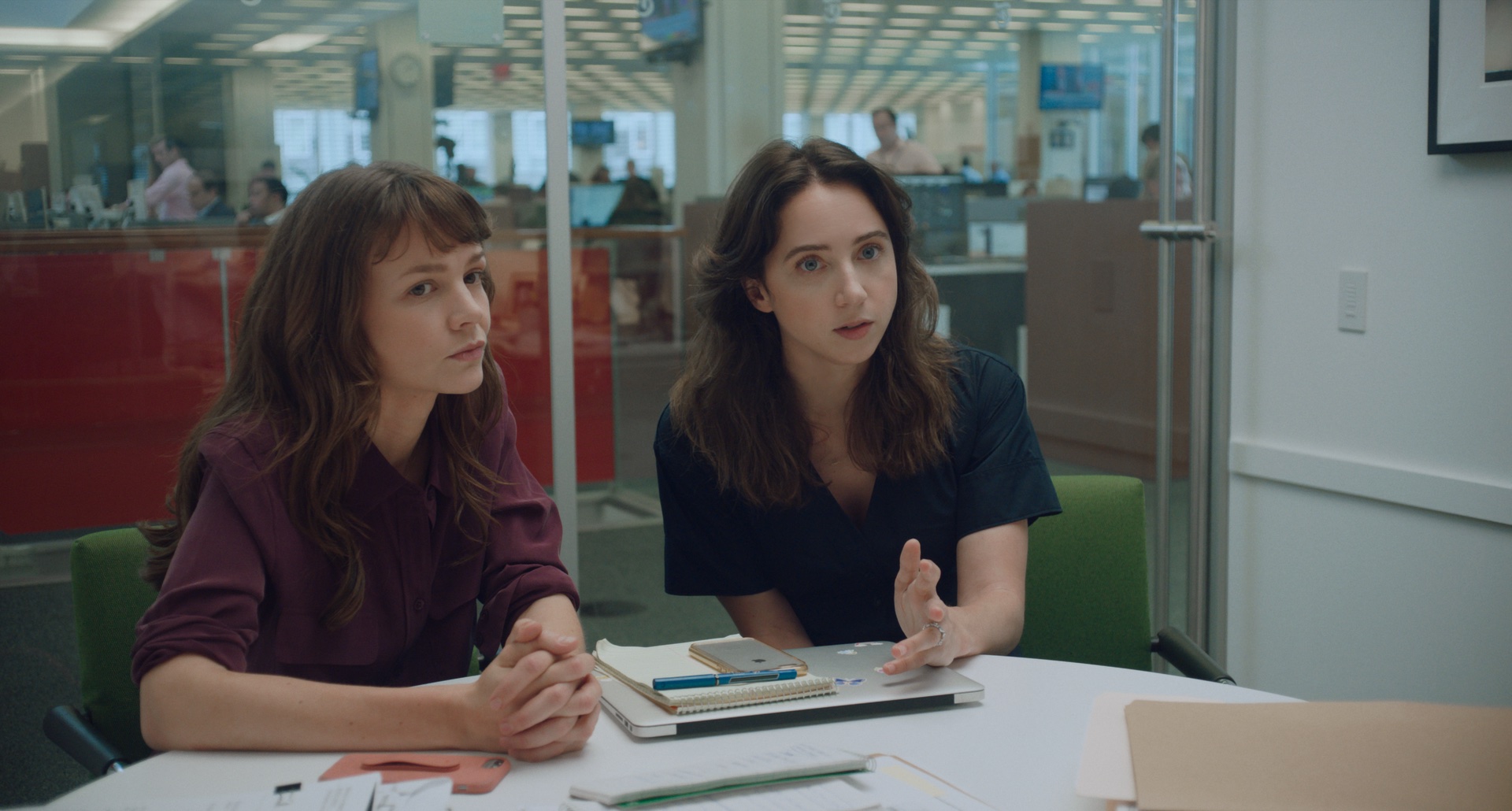When you watch as many movies and television shows as I do, it’s sometimes tough to find others who are as ravenous about their pop culture consumption as I am.
But that’s also the beauty of having a platform like this: I can discuss all the films and shows I’ve been taking in this fall and you all can choose to either join me or tune me out. I wouldn’t blame you either way, honestly.
Here’s a roundup of five movies and five TV shows I’ve seen lately. Some are great, some are good, and some are “Pitch Perfect: Bumper in Berlin.” Enjoy!
MOVIES
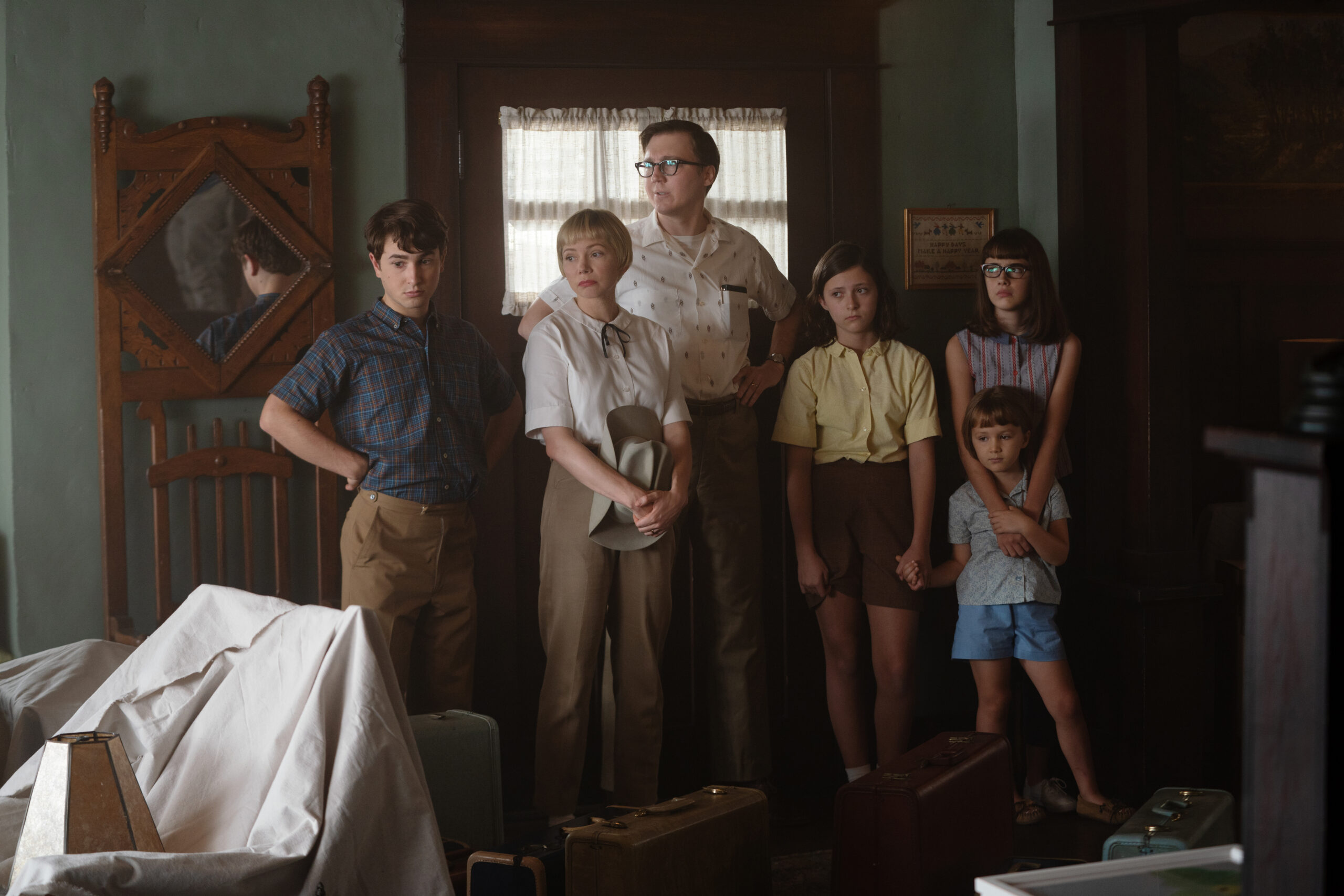
“The Fabelmans”
We’ve seen a lot of directors making movies over the past few years about their childhood experiences. Films such as Alfonso Cuaron’s “Roma” and Kenneth Branagh’s “Belfast” paved the way for a packed 2022 slate of similar titles that includes Sam Mendes’ “Empire of Light,” Alejandro Inarritu’s “Bardo: False Chronicle of a Handful of Truths” and Steven Spielberg’s “The Fabelmans.”
Unsurprisingly, “The Fabelmans” stands head and shoulders above the pack as Spielberg’s heartfelt love letter to cinema and his kooky, fractured family. The titular Fabelmans are a stand-in for Spielberg’s real family, and Gabriel LaBelle does a solid impression of what a young Spielberg must have been like as the film’s protagonist, Sammy Fabelman. Most of its gravity is centered around Michelle Williams, who is hard to look away from as Sammy’s artistically inclined and deeply unstable mother.
Despite boasting a run time of 2½ hours, “The Fabelmans” moves fairly briskly across multiple eras of Sammy’s life. One could argue that the whole project is an exercise in self-indulgence, but if anyone in Hollywood has earned the right to self-mythologize like this, it’s Steven Spielberg. There’s genuine pleasure to be had in watching Spielberg immortalize his childhood as he saw it, warts and all.
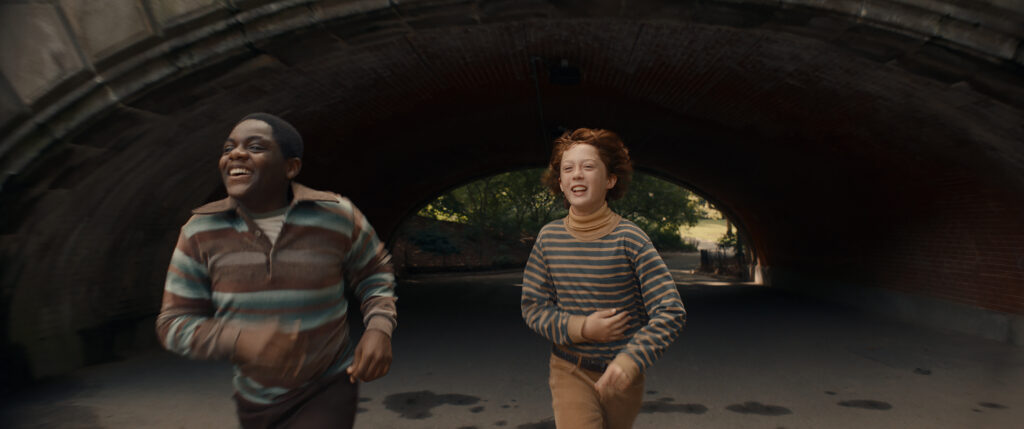
“Armageddon Time”
On the other end of the auteur autobiographical spectrum is “Armageddon Time,” James Gray’s snapshot of his formative years growing up in the Queens borough of New York City. It’s an objectively well-made film with a strong central performance from Banks Repeta as Gray stand-in Paul Graff, as well as solid supporting turns from Jeremy Strong and Anne Hathaway as his strict but loving parents.
The story itself, though, leaves quite a bit to be desired, particularly in how it serves the character of Johnny, a Black school friend of Paul’s played by Jaylin Webb. Their relationship feels sweet at first before taking a turn that, if what was presented truly is close to a real-life experience Gray had, really should’ve centered Johnny rather than Paul. It’s commendable that Gray was willing to make his on-screen avatar so flawed, but frankly, it doesn’t seem like this should have been his story to tell.
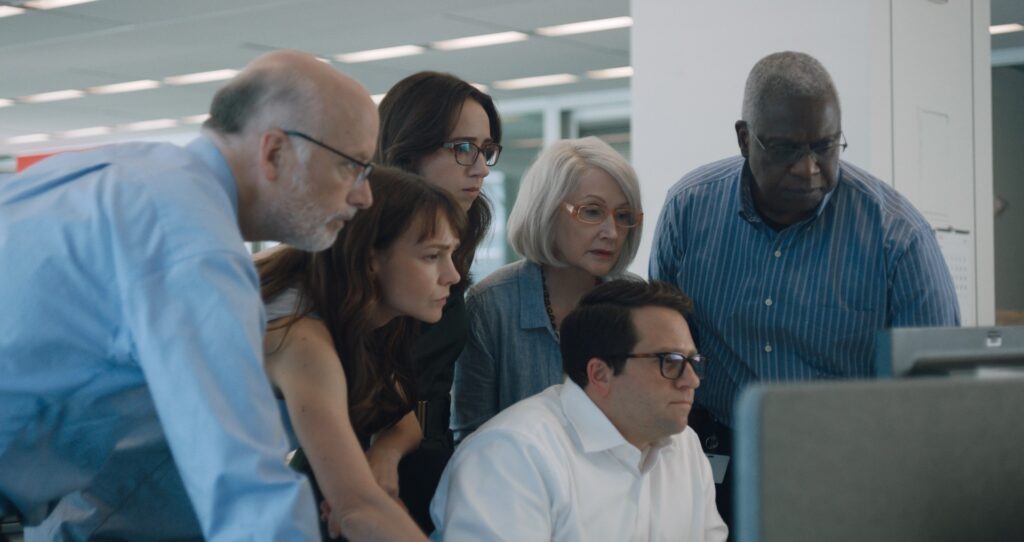
“She Said”
As a journalist, I love journalism movies. Hollywood hasn’t put out an all-timer since 2015’s “Spotlight,” which is why I was eagerly anticipating “She Said,” which chronicles the painstaking lengths New York Times reporters Jodi Kantor (Zoe Kazan) and Megan Twohey (Carey Mulligan) went to break the story about Harvey Weinstein’s pattern of sexual misconduct that ultimately landed him in prison and inspired the #MeToo movement.
While a little tedious at times, “She Said” is still a gripping and sometimes highly emotional retelling of Kantor and Twohey’s journalistic heroics. Kazan and Mulligan do fantastic work humanizing both women while also showing off what dogged reporters they were (and still are).
One of my favorite moments in any movie this year was when an important potential source finally told Kantor that she would go on the record. The tangible catharsis that Kazan expressed in that moment is both instantly recognizable to anyone in media or otherwise and will hopefully earn her an Oscar nomination.

“Tár”
The performance of the year so far is contained in “Tár,” director Todd Field’s exploration of genius and sexual politics in the world of international classical music. Cate Blanchett plays Lydia Tár, a renowned composer who seems ill-equipped to continue her reign as the modern queen of this very specific space.
There’s a lot to parse in “Tár,” including some tangents and psychedelic imagery that could probably have been trimmed for the sake of tightness. But Blanchett gives such a confident, towering performance that it’s hard to leave feeling unsatisfied. Watching her chew the scenery as Lydia’s fall from grace plays out in every aspect of her life is worth the price of admission alone.
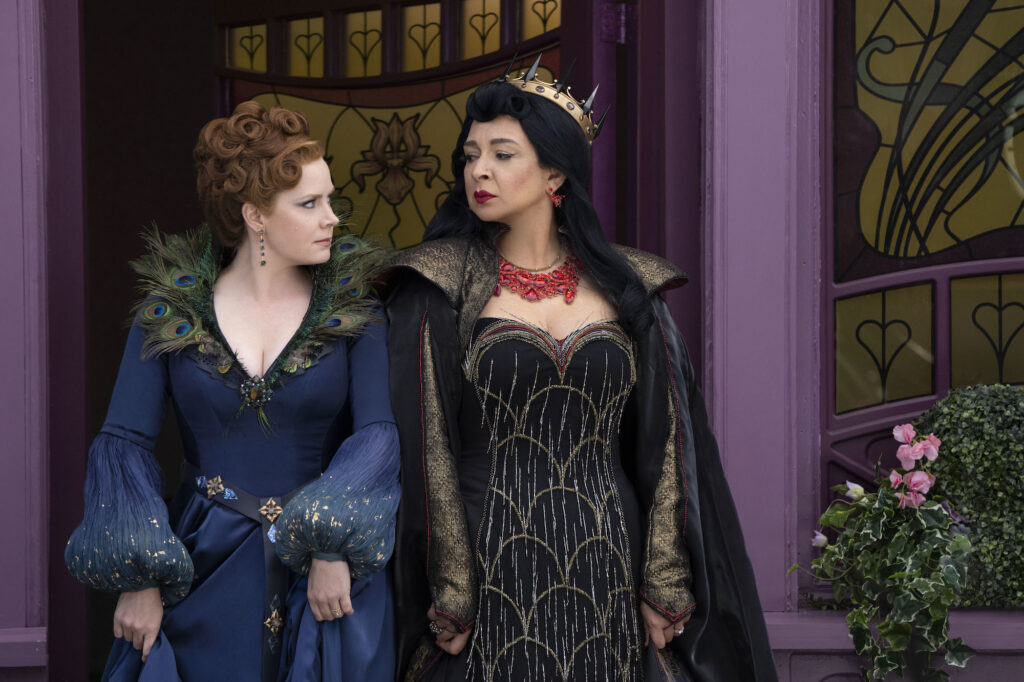
It’s been 15 years since Giselle (Amy Adams) and Robert (Patrick Dempsey) found their happily-ever-after with each other in the original “Enchanted.” Its sequel, streaming exclusively on Disney+, picks up with the couple having a tough time as parents of both a newborn and a moody teenager. The family moves to the suburban town of — wait for it, yinzers — Monroeville for a fresh start. A wish Giselle ends up making backfires spectacularly, and chaos ensues.
“Disenchanted” is, well, not particularly good. Flipping the original’s story on its head was admirably ambitious, but that decision inadvertently removed the cinematic magic that made it such a delightful sendup of classic fairy tale tropes. At least it gave us a wickedly catchy duet between Giselle and Malvina Monroe (Maya Rudolph) about who the real evil queen is around here.
TELEVISION
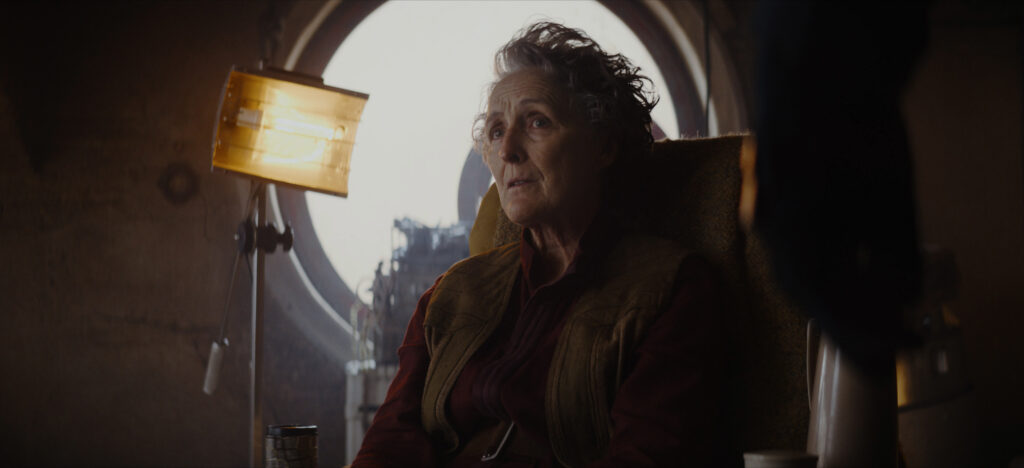
“Andor” (Disney+)
Leave it to Tony Gilroy to shepherd by far the most adult “Star Wars” story ever into existence. “Andor” is a prequel to 2016’s “Rogue One: A Star Wars Story” that follows Diego Luna’s Cassian Andor as he slowly grows into the hardened rebel who is destined to play a big role in the Empire’s ultimate downfall.
This is the first “Star Wars” movie or show … possibly ever to dive into the logistics of forming a Rebellion while also trying to navigate day-to-day life under the Empire’s constant watch. The details are a wonder to behold, from the costumes to the diverse scenery across multiple planets to the types of cereal former imperial worker drones eat. It easily features the best writing of any live-action “Star Wars” project, which is exemplified in some incredible monologues delivered by brilliant actors such as Fiona Shaw and Stellan Skarsgard.
Plus, there’s a salvage droid B2EMO who goes from comic relief to a totally fleshed-out character capable of inducing tears with little more than a look from his single eye and quivering robotic voice. He’s only one of the many perfectly blended elements that makes “Andor” such a special television experience.
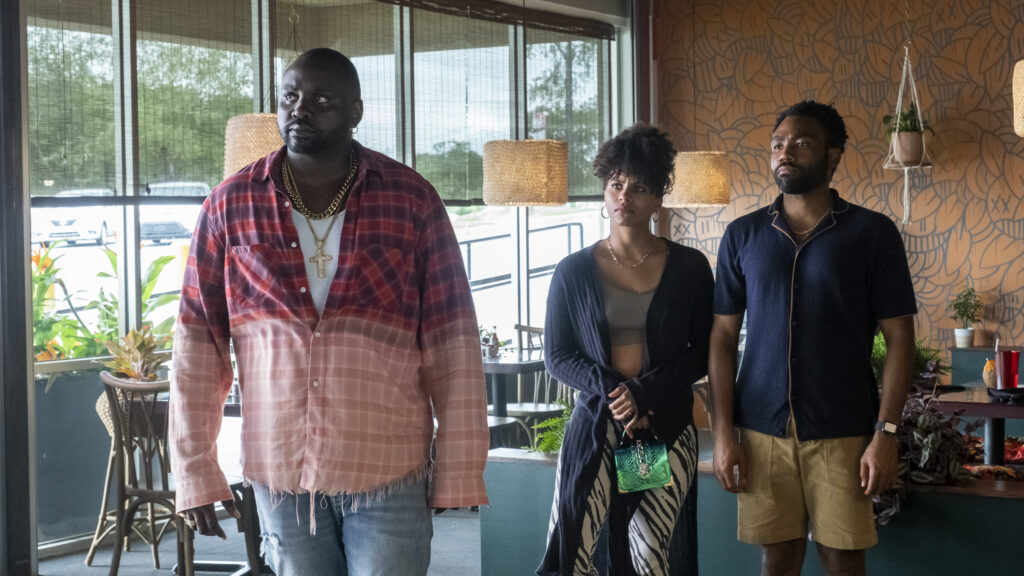
“Atlanta” season four (FX)
It’s rare that a scripted show airs two full seasons in a single calendar year. That’s what we got in 2022 with “Atlanta” as it took its final bow after four seasons of some insanely cool TV. While the show’s third, largely European-set season was a bit too experimental for its own good, season four brought the action back to the Peach State and delivered some classic “Atlanta” shenanigans.
Everyone got their time to shine this season. Earn (Donald Glover) worked out some past trauma in therapy; Van (Zazie Beetz) got a taste of the Hollywood machine; Paper Boi (Brian Tyree Henry) bought a farm; and Darius (LaKeith Stanfield) may or may not have lost his grasp on reality. And they even found time for a bonkers episode about the fully concocted origin of Disney’s “A Goofy Movie.”
We may never have a show this unique again. Thanks for a weird and wonderful ride, “Atlanta”!
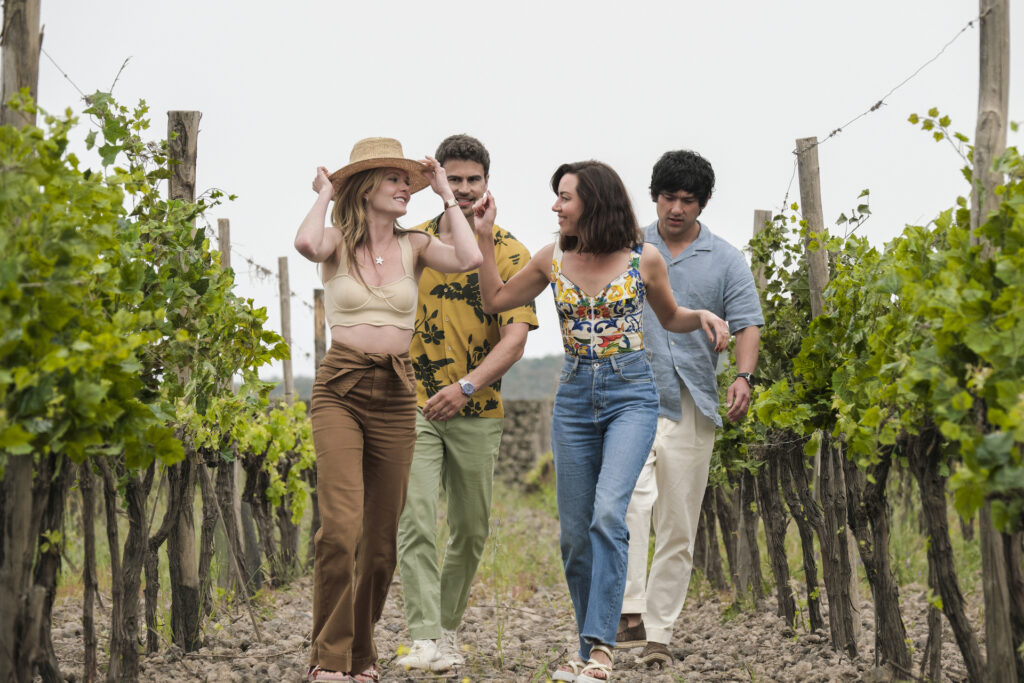
“The White Lotus” season two (HBO)
For me, both seasons of “The White Lotus” have combined to become the ultimate example of a show I can’t help but respect despite my many reservations about its actual quality. Season two moved the action from a White Lotus resort in Hawaii to Sicily, but nothing has changed in terms of the show’s ability to creatively weave a disparate bunch of misfits into its tapestry of existential dread and social commentary.
The filmmaking in “The White Lotus” can be breathtaking, and it contains layered performances from seasoned veterans such as Aubrey Plaza and relative newcomers such as Italian actors Beatrice Grannò and Simona Tabasco. I always have a tough time, though, shaking the feeling that these characters are just a series of ideas and buzzwords rather than anything resembling real people.
The writing isn’t always my cup of tea, but it does sometimes result in moments of genuine profundity. And it’s all very pretty to look at, if nothing else. Consider this a tepid recommendation at best.
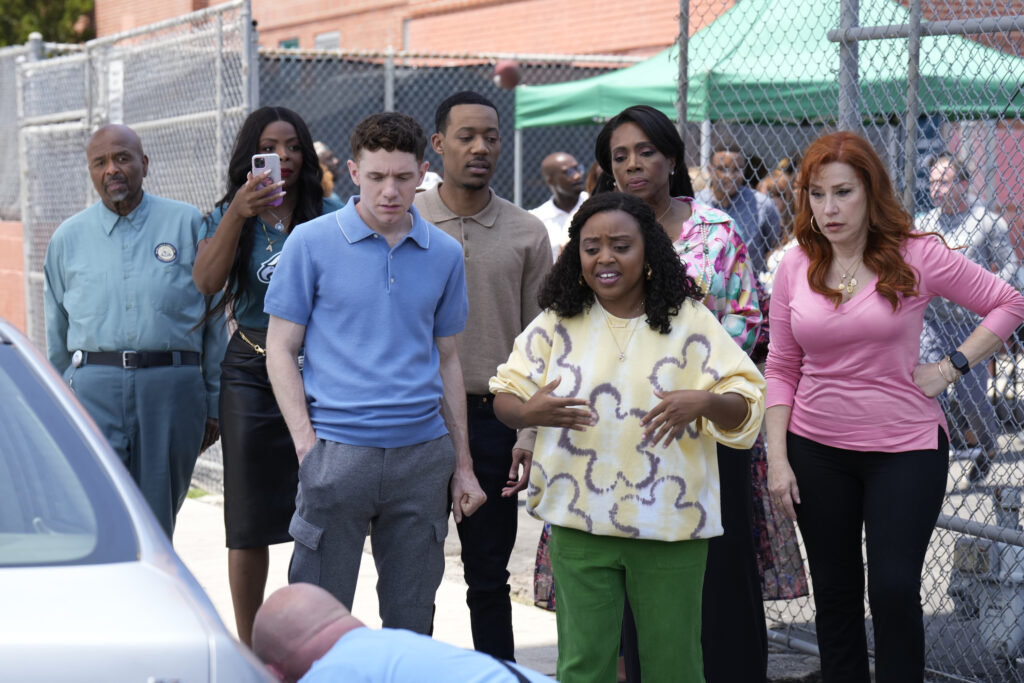
“Abbott Elementary” season two (ABC)
We’ve reached the point with “Abbott Elementary” where I become immediately distrustful of anyone who has seen it and still doesn’t care for it. It’s the best version of a mockumentary-style sitcom since “Parks and Recreation.” “Abbott” contains all of that show’s heart and humor as well as the same observational prowess about inner-city public schools that “Parks” displayed regarding local government operations.
Each actor feels like they were born to play these characters, and their chemistry with their fellow castmates is off the chart. The kids populating Abbott Elementary’s classes are also constantly stealing scenes, which is an incredible feat when they’re paired with comic heavyweights such as Janelle James’ wacky principal Ava and Tyler James Williams’ buttoned-up but kindhearted teacher Gregory.
“Abbott Elementary” provides me with 20-plus minutes of sincere joy on a weekly basis. It’s so good that I don’t even mind seeing Gritty or any of the other quintessentially Philadelphia trappings it parades out. That’s just about the highest praise a yinzer can give.
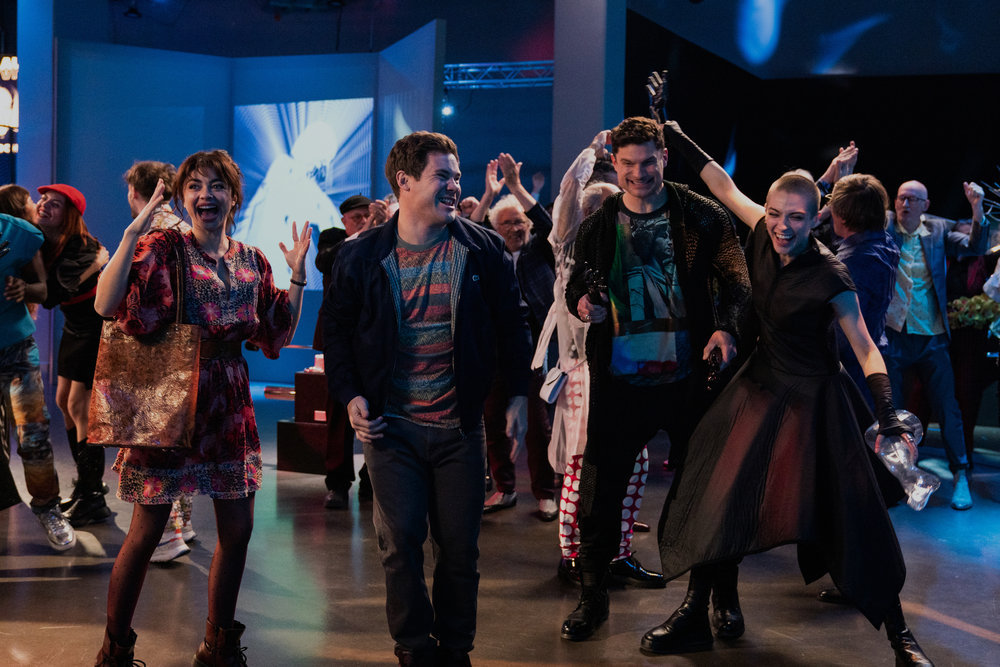
“Pitch Perfect: Bumper in Berlin” (Peacock)
Anyone who has ever visited my Twitter profile knows that I’m a huge “Pitch Perfect” fan. That movie is a foundational text for me, which is why it brings me no joy to say that “Bumper in Berlin” is a big misfire for Peacock. Pairing Adam Devine’s Bumper Allen with “Pitch Perfect 2” antagonist Pieter Krämer (Flula Borg) was always going to be a hard sell, and the execution simply isn’t there.
That said, “Pitch Perfect” fans should know that there is a fairly fun riff-off about halfway through featuring Bumper, Pieter and new antagonist Gisela (Jameela Jamil) that briefly harkens back to the original film’s highest notes. The rest, though, is extremely skippable. Aca-believe it.
Joshua covers pop culture, media and more at the Pittsburgh Post-Gazette, but he's currently on strike. Contact him at jaxelrod@unionprogress.com.

